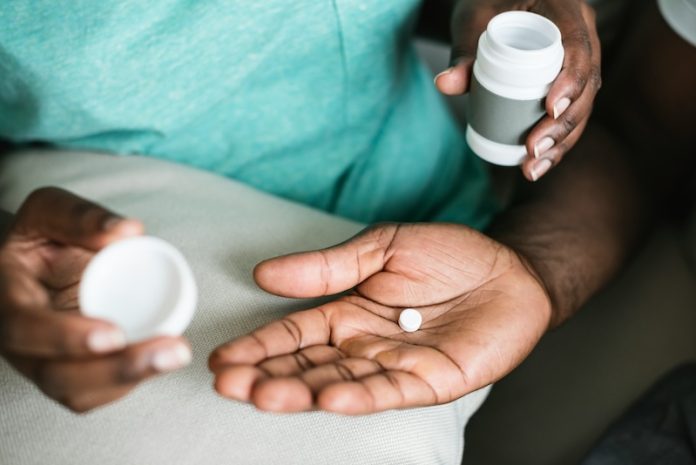
High blood pressure, also called hypertension, is one of the most common health problems in the world.
If left untreated, it can damage many parts of the body, including the heart, brain, eyes, and especially the kidneys.
That’s why many people take blood pressure medications to lower their risk. But one big question remains: are these drugs good or bad for your kidneys?
The answer is not simple, but scientists have done many studies to find out.
Overall, most blood pressure drugs are not only safe for the kidneys — they actually protect them, especially in people with long-term conditions like diabetes or kidney disease.
This is important because the kidneys help filter waste from the blood and control fluid and salt levels. When blood pressure is too high for too long, it puts stress on the small blood vessels in the kidneys and causes them to slowly lose their function.
One group of medications, called ACE inhibitors (like enalapril or ramipril) and ARBs (like losartan or irbesartan), have been shown to be especially helpful. These drugs don’t just lower blood pressure; they also reduce pressure in the small filters of the kidney, which slows down kidney damage.
A major study called the RENAAL trial found that the ARB losartan slowed kidney decline in people with type 2 diabetes and kidney disease. Another large trial, IDNT, showed similar results with another ARB called irbesartan. These studies helped make ACE inhibitors and ARBs the first-line treatment for people with both high blood pressure and kidney issues.
However, these drugs can slightly increase levels of a waste product called creatinine when people first start taking them. This often makes patients and doctors worry.
But research has shown that this small rise is usually harmless and just a sign that the kidneys are adjusting to the lower blood pressure. Over time, the kidneys tend to stabilize, and the long-term benefits outweigh this short-term change.
There are other types of blood pressure medications too, such as diuretics (water pills), calcium channel blockers, and beta-blockers. These can also be used to help lower blood pressure, but their effects on kidney health vary.
For example, diuretics help remove extra salt and water from the body, which lowers blood pressure. They can be helpful but may cause dehydration or electrolyte imbalances if not monitored carefully. Calcium channel blockers like amlodipine are generally safe, but they don’t offer as much kidney protection as ACE inhibitors or ARBs.
A newer group of drugs called SGLT2 inhibitors — originally used to treat diabetes — have also been found to help both blood pressure and kidney health. Drugs like empagliflozin and dapagliflozin not only lower blood sugar and blood pressure but also protect the kidneys from further damage. They are now being recommended more often, even for people without diabetes.
In summary, taking the right blood pressure medicine can protect your kidneys and help them last longer, especially if you already have kidney disease or diabetes. Most side effects are mild and can be managed. The key is regular check-ups and working closely with your doctor to find the right treatment for you.
Scientists continue to study new medicines and combinations to give people better results with fewer risks. If you have high blood pressure, don’t ignore it — taking care of it can protect your kidneys for years to come.
If you care about high blood pressure, please read studies that early time-restricted eating could help improve blood pressure, and natural coconut sugar could help reduce blood pressure and artery stiffness.
For more health information, please see recent studies about added sugar in your diet linked to higher blood pressure, and results showing vitamin D could improve blood pressure in people with diabetes.
Copyright © 2025 Knowridge Science Report. All rights reserved.



